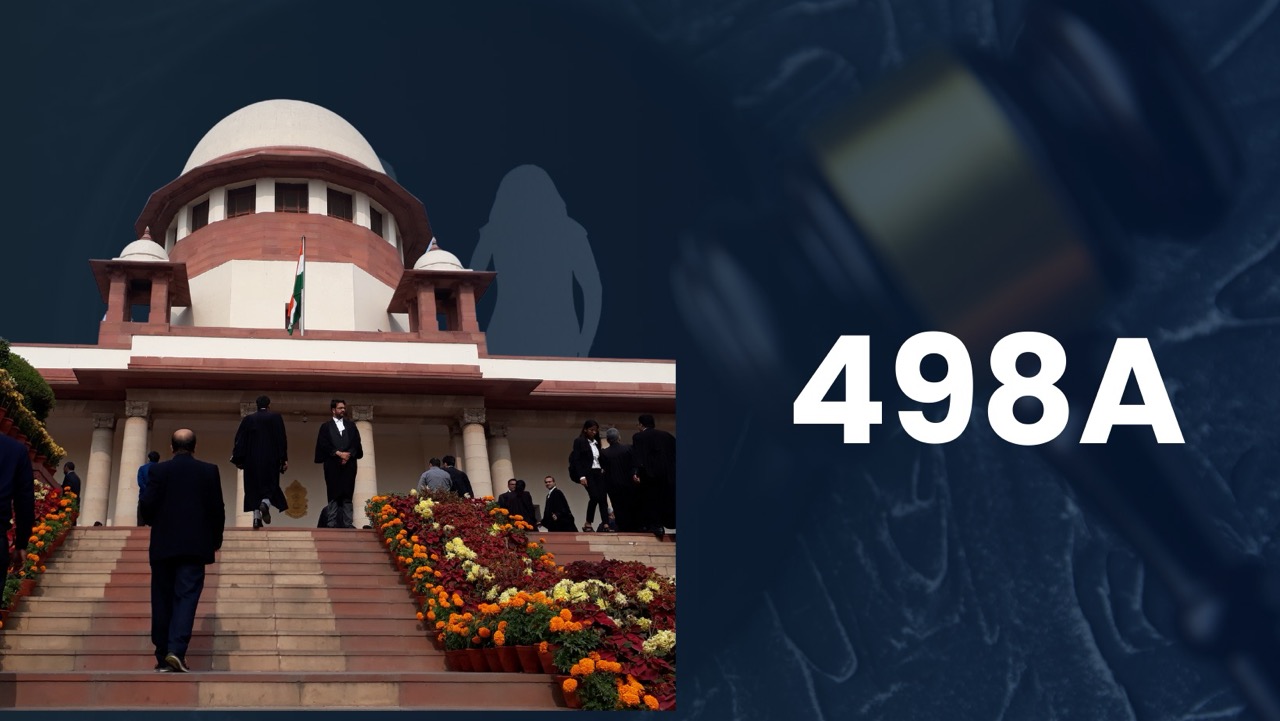Misuse of Section 498A IPC: Supreme Court Urges Parliament for Amendment in Bharatiya Nyaya Sanhita
In a recent case titled “ACHIN GUPTA versus STATE OF HARYANA & ANR.”, the Supreme Court has raised significant concerns regarding the misuse of Section 498A of the Indian Penal Code (IPC) by wives against their husbands and in-laws. The Court, in its Criminal Appeal No. 2379 of 2024 arising out of SLP (Crl.) No. 4912 of 2022, urged the Parliament to introduce necessary amendments to the Bharatiya Nyaya Sanhita, 2023 (“BNS”), which includes provisions similar to Section 498A of IPC, such as Sections 85 and 86.
The bench, comprising Justices JB Pardiwala and Manoj Misra, emphasized the need for legislative action, stating, “We request the Legislature to look into the issue as highlighted above taking into consideration the pragmatic realities and consider making necessary changes in Sections 85 and 86 respectively of the Bharatiya Nyaya Sanhita, 2023, before both the new provisions come into force.”
Highlighting the similarity between the new provisions in BNS and Section 498A of IPC, the Court noted that while the text is nearly identical, the explanation to Section 498A of IPC is now a separate provision, i.e., Section 86 of the Bhartiya Nyaya Sanhita, 2023.
This concern over the misuse of Section 498A is not new. In the case of Preeti Gupta v. State of Jharkhand (2010), the Court had previously expressed concerns about exaggerated complaints under Section 498A and urged legislative action to address these issues in light of practical realities and public opinion.
Echoing the sentiments of the Preeti Gupta case, the judgment authored by Justice JB Pardiwala directed the Supreme Court registry to provide copies of the judgment to the Union Home Minister and Union Minister of Law & Justice for their attention.
Background of the Case:
The case originated from a divorce petition filed by the husband citing cruelty. In response, the wife filed an FIR against the husband under various sections of the IPC, including 498A.
The High Court declined to quash the criminal case against the husband, citing the criteria outlined in the State of Haryana v. Bhajan Lal judgment, which allows quashing only in cases of manifestly malicious proceedings.
Challenging the High Court’s decision, the husband appealed to the Supreme Court.
Judgment:
The Supreme Court observed that if criminal proceedings are initiated with the intention to harass the accused, the High Court should use its inherent powers under Section 482 of the Cr.P.C. to quash such proceedings.
In this case, the Court concluded that continuing the criminal proceedings would amount to abuse of process and injustice. Therefore, the Court quashed the case against the accused/appellant.
Furthermore, the Court directed that Section 498A IPC should not be applied mechanically in all complaints filed by wives. It emphasized that not all marital disputes amount to cruelty under the law.
Conclusion:
The Supreme Court’s stance underscores the need for balanced application of laws to prevent their misuse. The Court’s directives highlight the importance of considering practical realities and public opinion in legislative and judicial processes.

